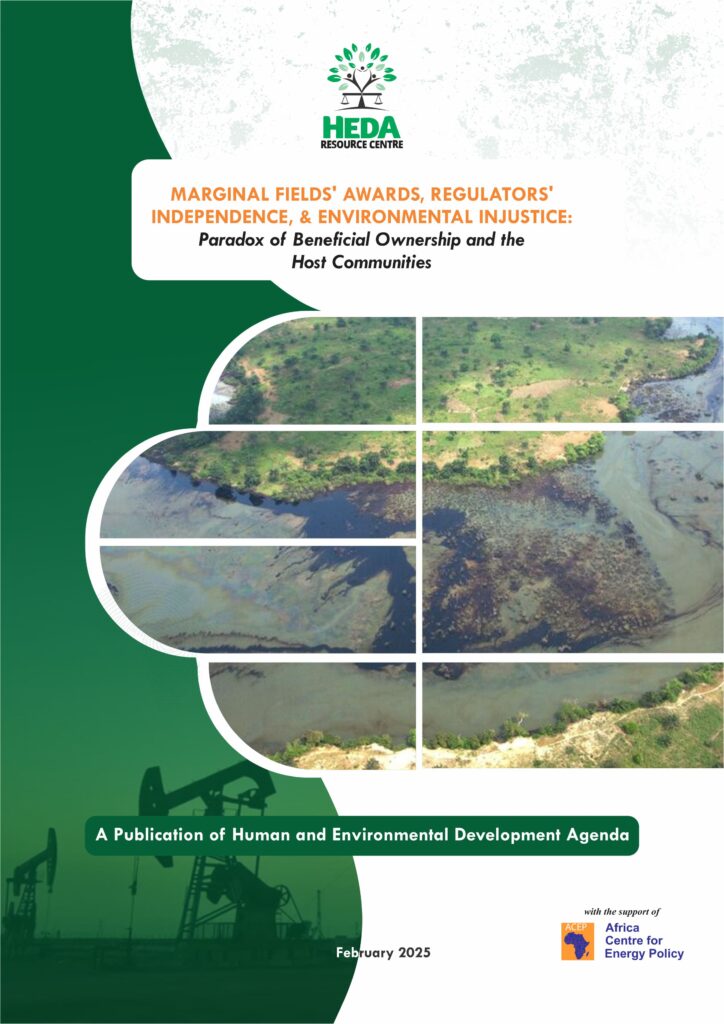As climate-related disasters such as floods and droughts continue to disrupt farming communities in Nigeria, stakeholders and experts at the recent HEDA Resource Centre’s high-level advocacy dialogue in Abuja have urged the agricultural sector to embrace mobile technology and media as vital tools for building climate resilience.
Stakeholders in the agriculture sector gathered through the theme, “Protecting Smallholder Farmers and Vulnerable Communities from Climate-Related Shocks: Implementing Early Warning Systems for Food Security and Livelihood Resilience in Nigeria,” to discuss how mobile technology and media platforms can deliver timely, climate-smart information to farmers, enabling them to mitigate climate risks effectively.
The event brought together agricultural and climate change experts from both the private and public sectors. Farmers, researchers, and development partners examined strategies for safeguarding smallholder farmers and vulnerable communities from the increasingly frequent climate-induced shocks.
HEDA Resource Centre’s Executive Secretary, Sulaimon Arigbabu, highlighted the urgent need for Early Warning Systems (EWS) that can proactively provide farmers with actionable information, emphasizing the importance of anticipating climate-related disasters before they happen.
Yusuf Kelani, Special Adviser to President Bola Tinubu on Climate Change Matters, assured stakeholders that the government is also making strides toward enhancing climate resilience. He revealed plans to develop a climate alert system that will send early warning messages to all citizens via their mobile phones, ensuring that even the most vulnerable communities are better prepared for climate-induced hazards.
Similarly, Rahmah Aderinoye, CEO of Rashak Farms Agri-Allied Limited, addressed the cultural barriers that prevent women farmers from accessing climate risk information. She advocated for targeted outreach that includes women and People Living with Disabilities (PWDs) to ensure inclusivity.
As the dialogue concluded, participants reaffirmed the need for collaboration across sectors to make climate-resilient agriculture a reality. From integrating mobile technology into farming practices to overcoming cultural barriers that hinder the inclusion of women farmers, the experts agreed that timely, accessible information is the key to safeguarding livelihoods and ensuring food security amidst growing climate threats.



